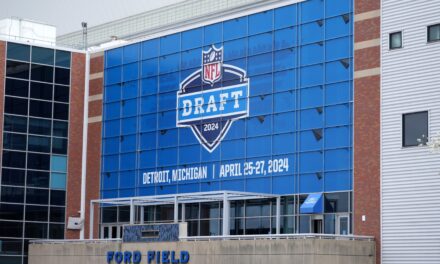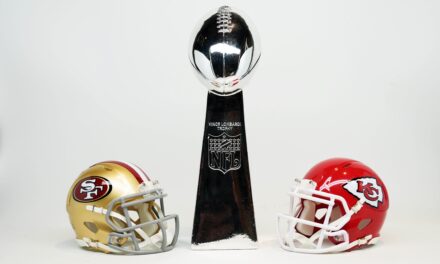
USA Today
In 1992, the Professional and Amateur Sports Protection Act was passed by Congress, effectively ending all sports betting (both college and professional) outside the states of Nevada, Delaware, Oregon, and Montana. With a 7-2 vote Monday, the US Supreme Court has ended that ban.
“Congress can regulate sports gambling directly, but if it elects not to do so, each state is free to act on its own,” Justice Samuel Alito said. “Our job is to interpret the law Congress has enacted and decide whether it is consistent with the Constitution. PASPA is not.”
This fight was being led by New Jersey, who had been pushing for the legalization saying the $100-$150 billion industry is mostly underground, and that bringing it to the surface legally would create more income for the state. This also opens up markets that were previously untapped such as international as well as younger crowds. Further, it opens up new revenue opportunities by lifting advertising restrictions on places such as casinos.
Former New Jersey Governor Chris Christie, who left office in January, signed the state’s first law legalizing sports betting in 2012 after a 2011 vote overwhelmingly approved an amendment to the state Constitution.
While this was a loss for the NCAA, MLB, NFL, NBA, and NHL, who had successfully blocked New Jersey in lower courts, the favor for the PASPA has lessened in the 25 years since its enactment. The NHL has a team in Las Vegas, The Golden Knights, and the NFL’s Oakland Raiders are soon to move to Las Vegas as well. Further, NBA commissioner Adam Silver has endorsed sports betting, and MLB has invested in fantasy leagues.
This Supreme Court decision does not make sports betting legal, it gives individual states the power to make it legal at their casinos themselves. It remains to be seen which states will act on this, but New Jersey will without a doubt be one of the first to add sports betting to their casinos.














